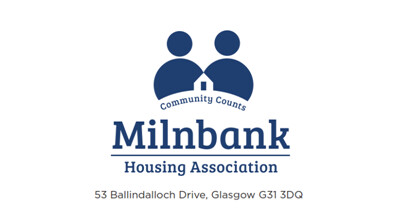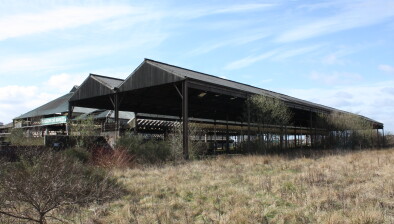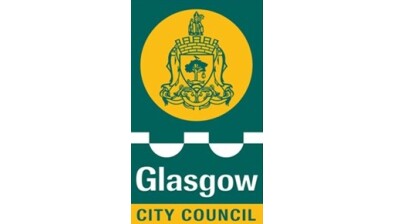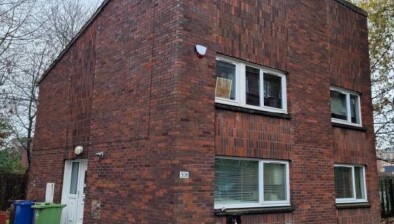Glasgow making progress to tackle of vacant and derelict land
Glasgow City Council has continued to reduce the level of vacant and derelict land in the city over although the decrease is lower than average in recent years as a result of the pandemic, a report to councillors has concluded.
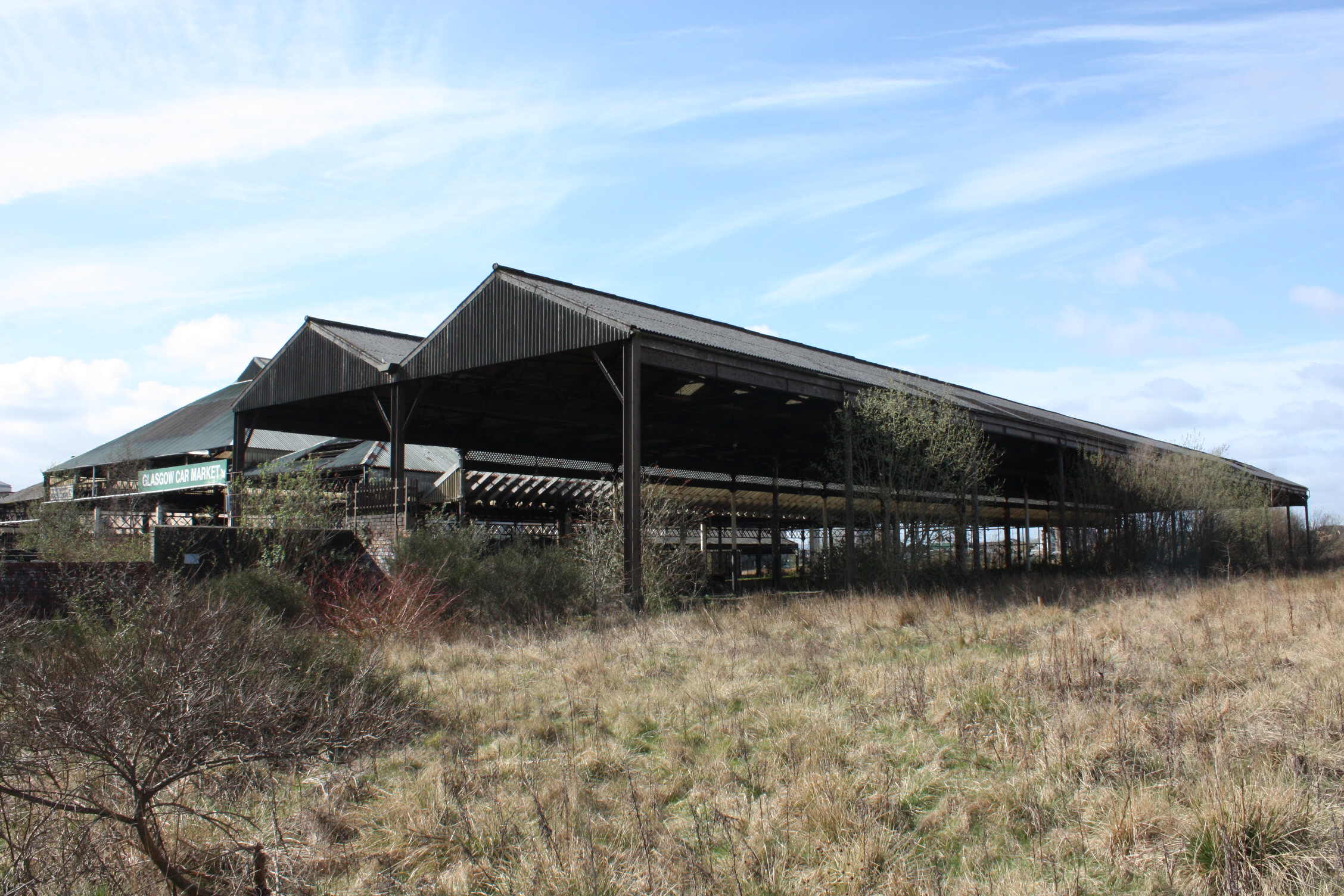
Bellgrove Meat Market
A council committee met yesterday to receive an update on the tackling of Vacant and Derelict Land (VDL) in the city and approve the 2021/22 Vacant and Derelict Land Fund (VDLF) delivery programme.
The total level of vacant and derelict land in Glasgow in 2020 stood at 939 hectares, a reduction of 1.6% on the 2019 figure. This continues the downward trend of recent annual surveys, though the decrease is lower than average in recent years as a result of the pandemic. The 2021 survey is currently being carried out by council officers.
The VDLF is a ring-fenced budget allocated to five local authorities, including Glasgow, for the purpose of bringing vacant land into beneficial use in accordance with council and Scottish Government objectives.
Glasgow received a 2021/22 allocation from the Scottish Government of £2.316 million. A delivery plan featuring 11 projects was submitted to - and is awaiting formal approval from - the Scottish Government, and a grant offer letter for £2.316m is expected shortly.
In December 2020, the Scottish Government and the Scottish Land Commission jointly announced the £50m (over five years) Vacant and Derelict Land Investment Programme (VDLIP) - open to local authorities to apply under a competitive bid system - and assessed through the following criteria: sustained place-based approaches; urban green spaces; community-led regeneration; and low-carbon developments and renewables.
In May 2021, Glasgow City Council submitted eight bids to the 2021/22 round of VDLIP. Three projects were shortlisted for more detailed Stage 2 submissions, and on 5 October the council received grant awards for two successful projects.
These were Belle Gro’ at the Meat Market - £450,474 to help develop sustainable food growing as part of the Meat Market masterplan, with Milnbank Housing Association; and Transforming Avenue End Road Greenspace - a £417,812 award to improve a significant open space in greater Easterhouse, with Seven Lochs Wetland Park. The council has now accepted these two grant awards.
The 2022/23 funding round opened for applications in September 2021, and on 12 November, the council submitted bids for six projects.
Councillor Kenny McLean, city convener for neighbourhoods, housing and public realm at Glasgow City Council, said: “It is good to see progress continuing to be made in bringing vacant and derelict land in Glasgow back to productive use - with new homes, work, green and public places delivering a range of benefits across the city. The funding for these two new projects will make a real difference for the local community at the Easterhouse and Meat Market sites.”



